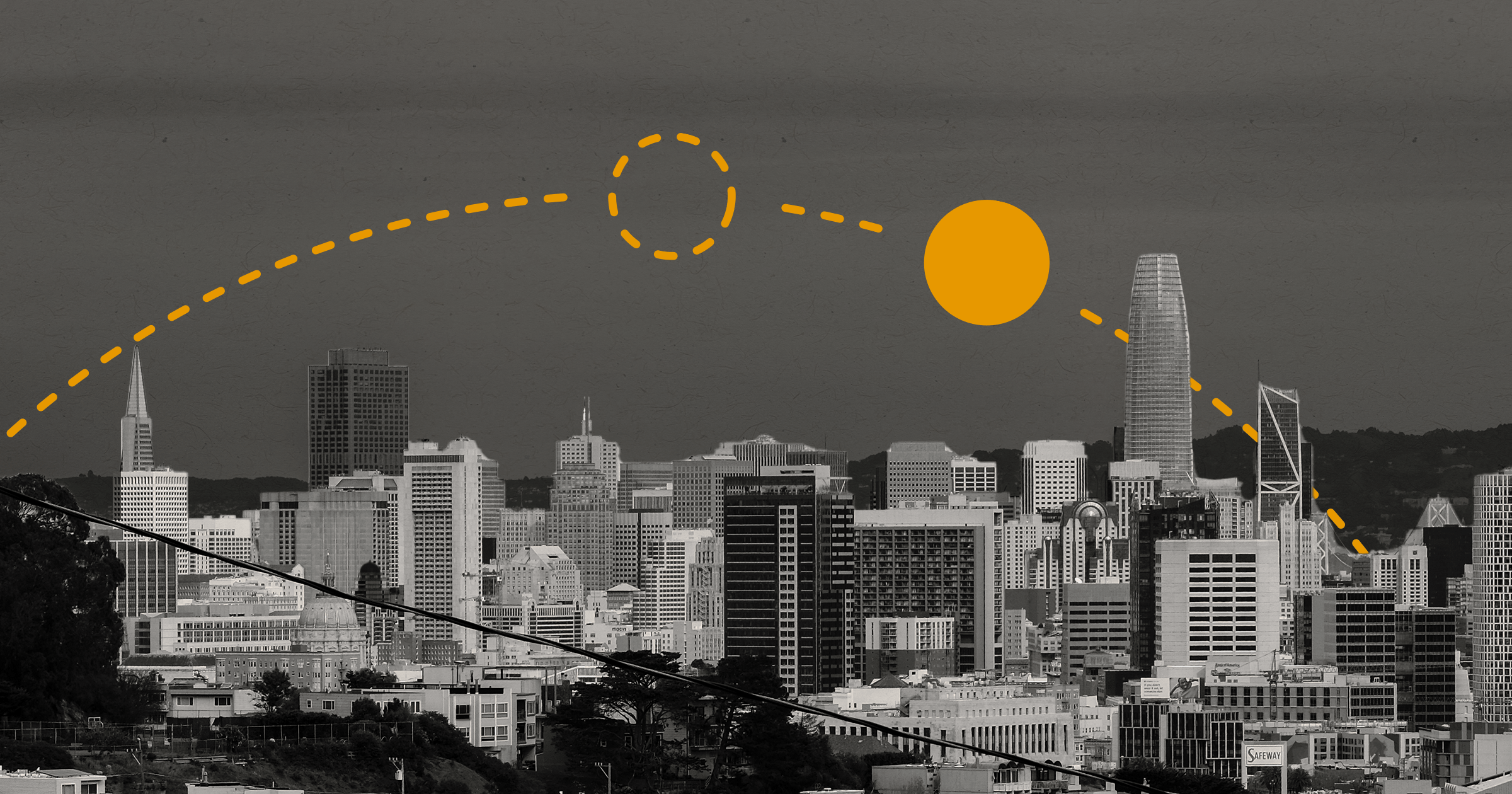This week, without a single hearing or discussion, the U.S. Senate unanimously passed the so-called Sunshine Protection Act, one of the most anti-science bills ever to emerge from that chamber. This legislation, which should be called the Dark Mornings Act, would make Daylight Saving Time (DST) permanent. It now goes to the House—which, hopefully, has the good sense to reverse it by adopting permanent Standard Time.
Admittedly, almost nobody wants to keep changing their clocks twice a year. The question is which time we make permanent: DST or the science-based Standard Time. We tried permanent DST in 1974 and Americans hated it. Congress reversed that law within 6 months. Standard Time is better.
Here’s why. Clocks in Standard Time are a measurement, as valid as inches are for length, of the relative position of the Sun (as accurate as the size of a given time zone allows). Midnight in Standard Time closely approximates the real middle of the night, as noon does the middle of the day. The words “afternoon” and “evening” have important, sun-related meanings beyond the numbers on a clock. We feel those meanings deeply, because that is the natural environment in which our species evolved. It is the reason we each have a circadian rhythm that governs our hormones, eating habits, digestion, and body temperature.
DST throws off all that carefully calibrated biology by a full hour. Of course, the richest among us can ignore the clock, but with permanent DST the rest of us will be stuck with the negative consequences permanently. According to research from the American Academy of Sleep Medicine, the potentially resulting circadian misalignment could cause “increased cardiovascular disease risk, metabolic syndrome and other health risks,” leading it to favor permanent Standard Time.
The Society for Research on Biological Rhythms agreed, warning that making DST permanent would worsen its effects which already lead to decreased life expectancy, mental and cognitive problems, and sleep disturbances in our societies estimated to cost approximately 2% of GDP. “If we want to improve human health,” its scientists said, permanent Standard Time “would fix both the acute and the chronic problems of DST.” I could not find a single scientific paper that concluded that DST should be made permanent.
Among the original justifications for DST is energy conservation. And it understandably carries increased weight in light of climate change. But research shows that “the effects of DST on energy consumption are questionable or negligible.” Further, the opposite may be true, as Arizona, Hawaii and Puerto Rico have already received exemptions from the current DST set-up, in part because they wanted to decrease the impact of their intensely hot afternoons. Cooler evenings are more conducive to outdoor activities there. In Indiana, DST increased energy consumption.
Another argument often cited in favor of permanent DST is that crime allegedly decreases during DST. But DST already coincides with the longer days of summer, which naturally provide fewer opportunities for the cover of darkness, regardless of the time.
Take with a grain of salt every argument for permanent DST that’s centered around after-school activities. Standard Time already applies during four of the nine months of the school year, with after-school events throughout—and irrespective of what the feds do, California has specified that kids deserve an extra hour of sleep. To help mitigate the “impact of sleep deprivation on adolescents,” S.B. 328 mandated that high schools begin no earlier than 8:30 a.m. and middle schools no later than 8 a.m., starting this July.
But under permanent DST, the Sun would rise after 8 a.m. in the Bay Area from Nov. 25 to Feb. 14, every year. In early January, it would come up at 8:25 a.m. That’s nobody’s idea of a good night’s sleep, and, as scientists had warned, it will undo the benefits of the law. It is time again to follow the science and reject permanent DST in favor of permanent Standard Time.
Guillermo Mena is an attorney and the Director of Legislation, Policy and Advocacy for the National Hispanic Caucus of State Legislators, which has yet to adopt an official position on this issue. This piece represents his own opinion.
